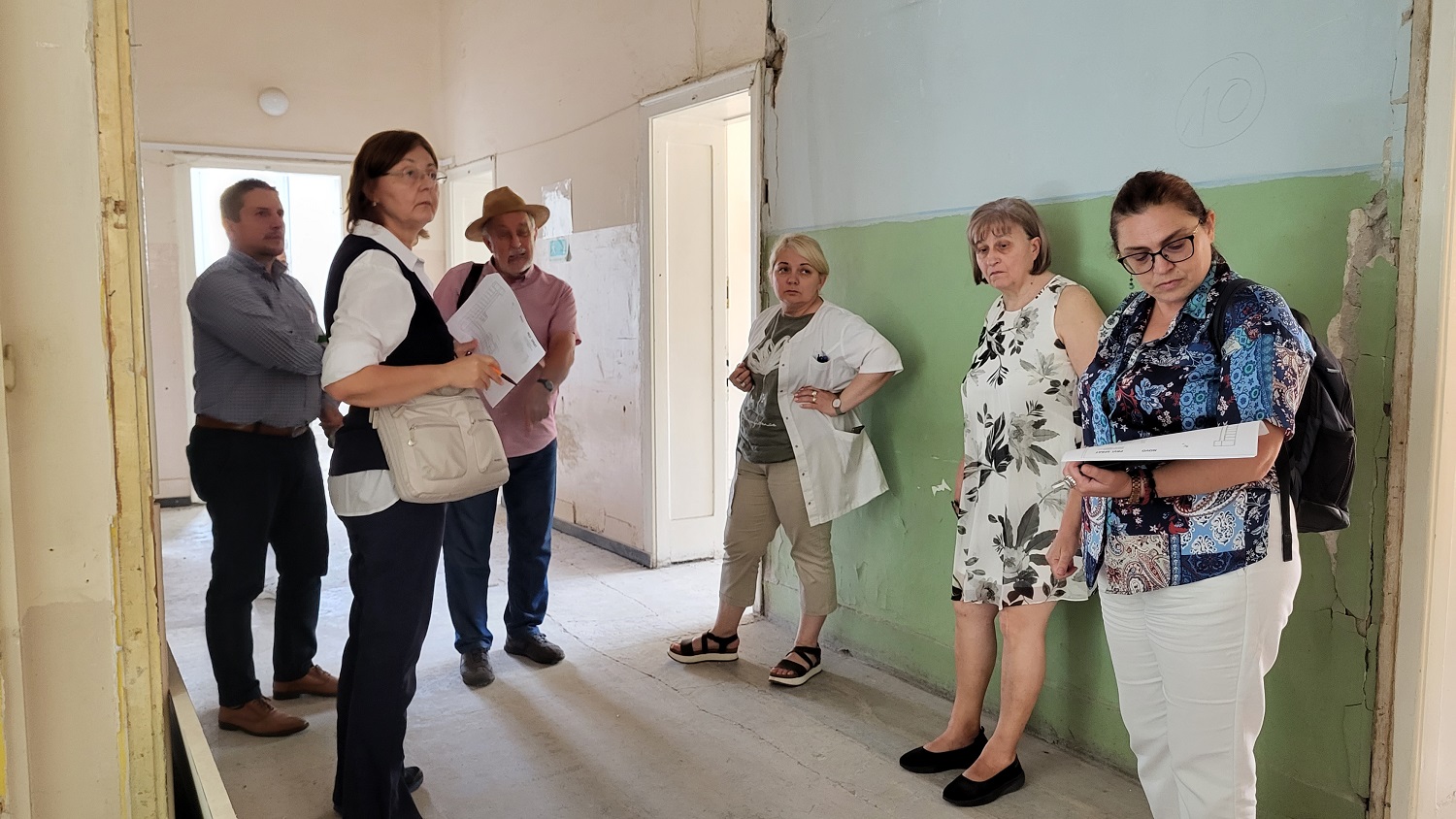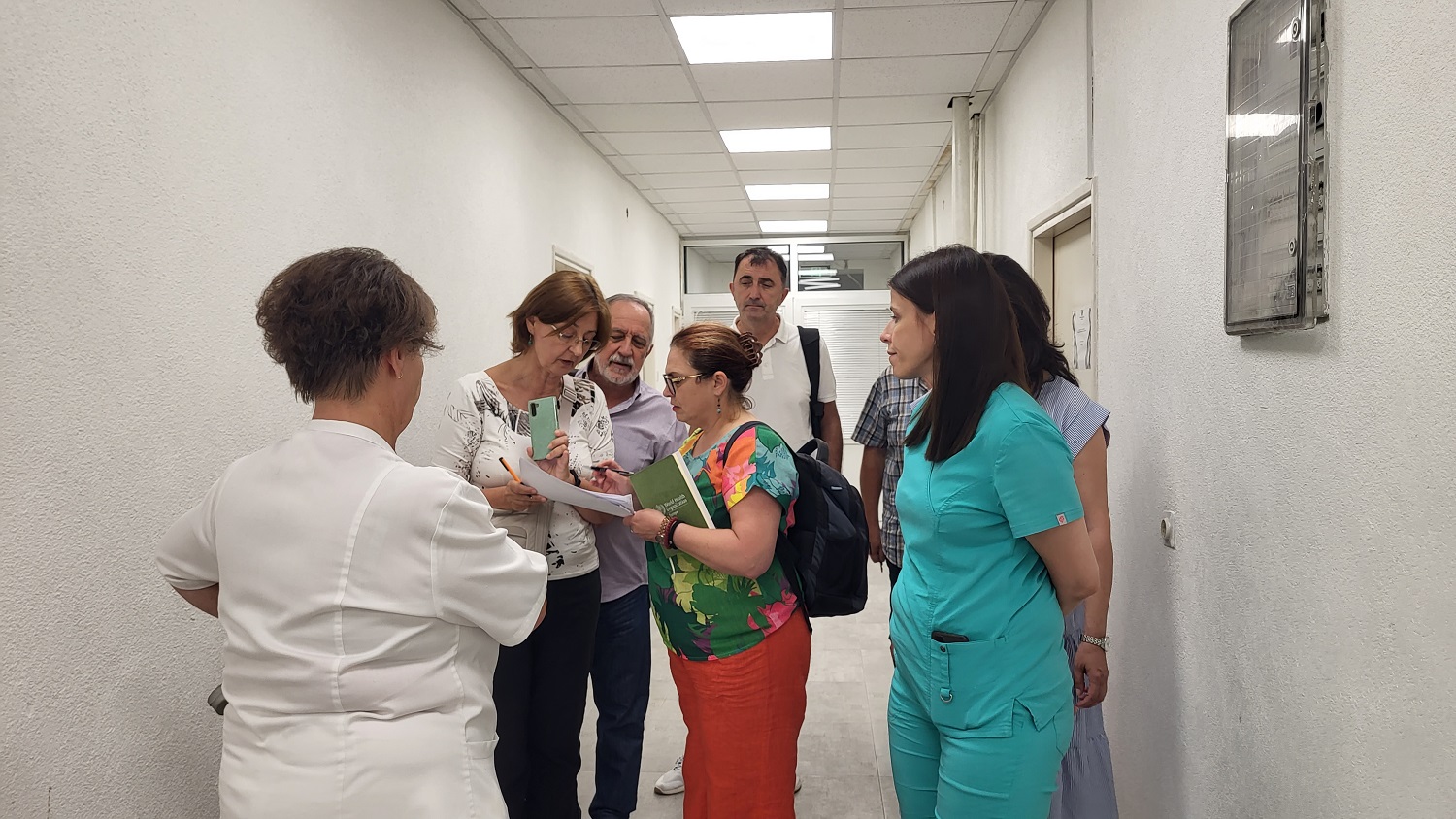EU Donation enabling enhanced microbiological safety in public health institutes
Public health institutes throughout Serbia have long been facing a lack of adequate conditions for safe work in accordance with microbiological safety standards. The dedicated and expert staff's efforts to deliver high-quality public health services in the existing conditions are daily constrained by the deterioration of their workspace, as well as the lack of modern equipment and resources.
With the support of non-refundable funds from the European Union, in the amount of over 5 million euros, abovementioned practices will soon become a thing of the past. The reconstruction of laboratories at the Institute of Public Health "Dr Milan Jovanović - Batut," as well as at the regional institutes in Niš and Kragujevac, will begin early next year. The reconstruction of laboratories and the procurement of the equipment will last one year, and this important task has been entrusted to the United Nations Development Programme (UNDP) in cooperation with the World Health Organization (WHO). The EU, within the project "Strengthening the capacity of Serbia’s health sector for communicable disease surveillance" has allocated an additional 3 million EUR for the procurement of equipment that will be placed in the reconstructed laboratories and ensure significantly higher quality of work.
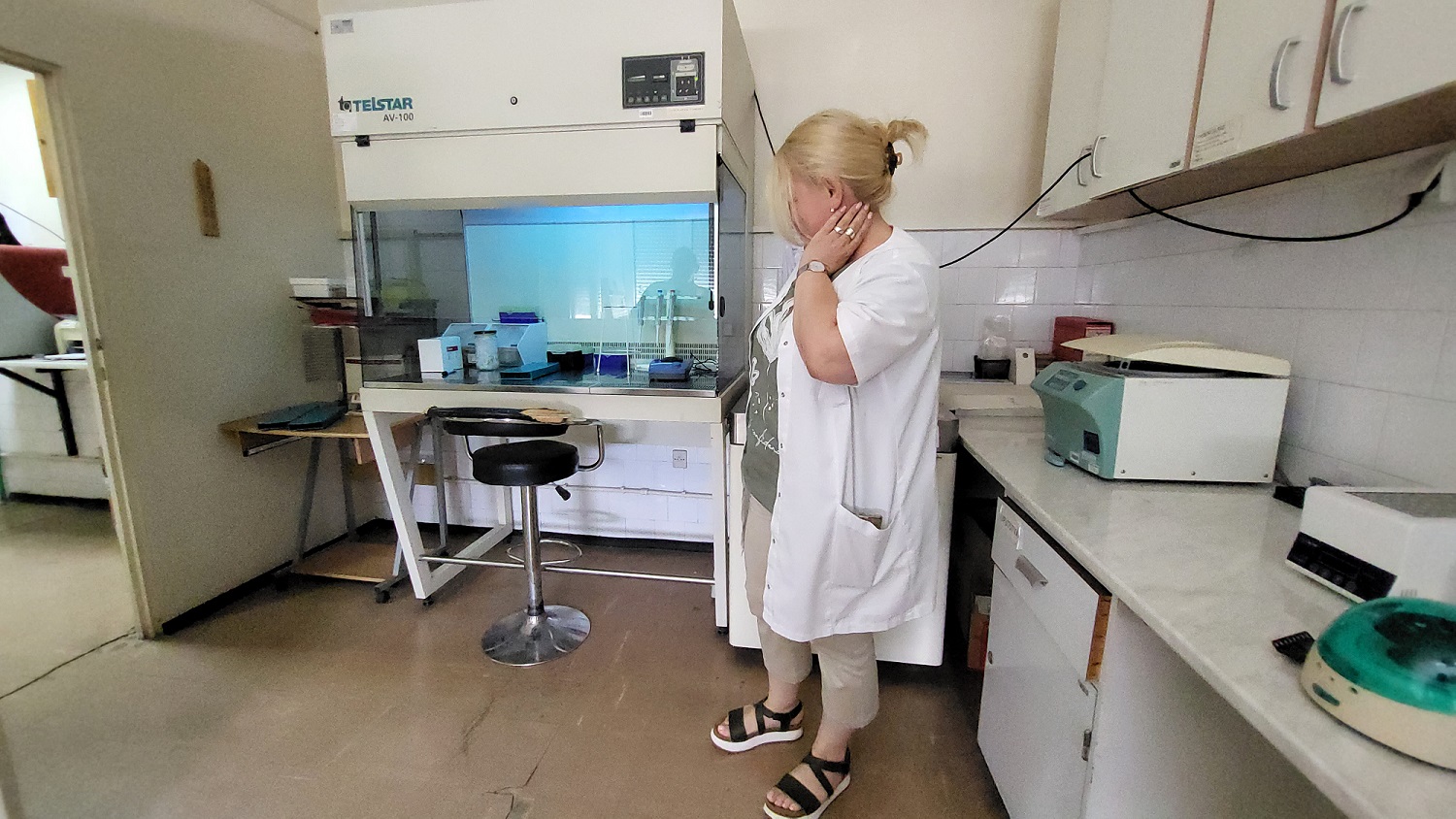
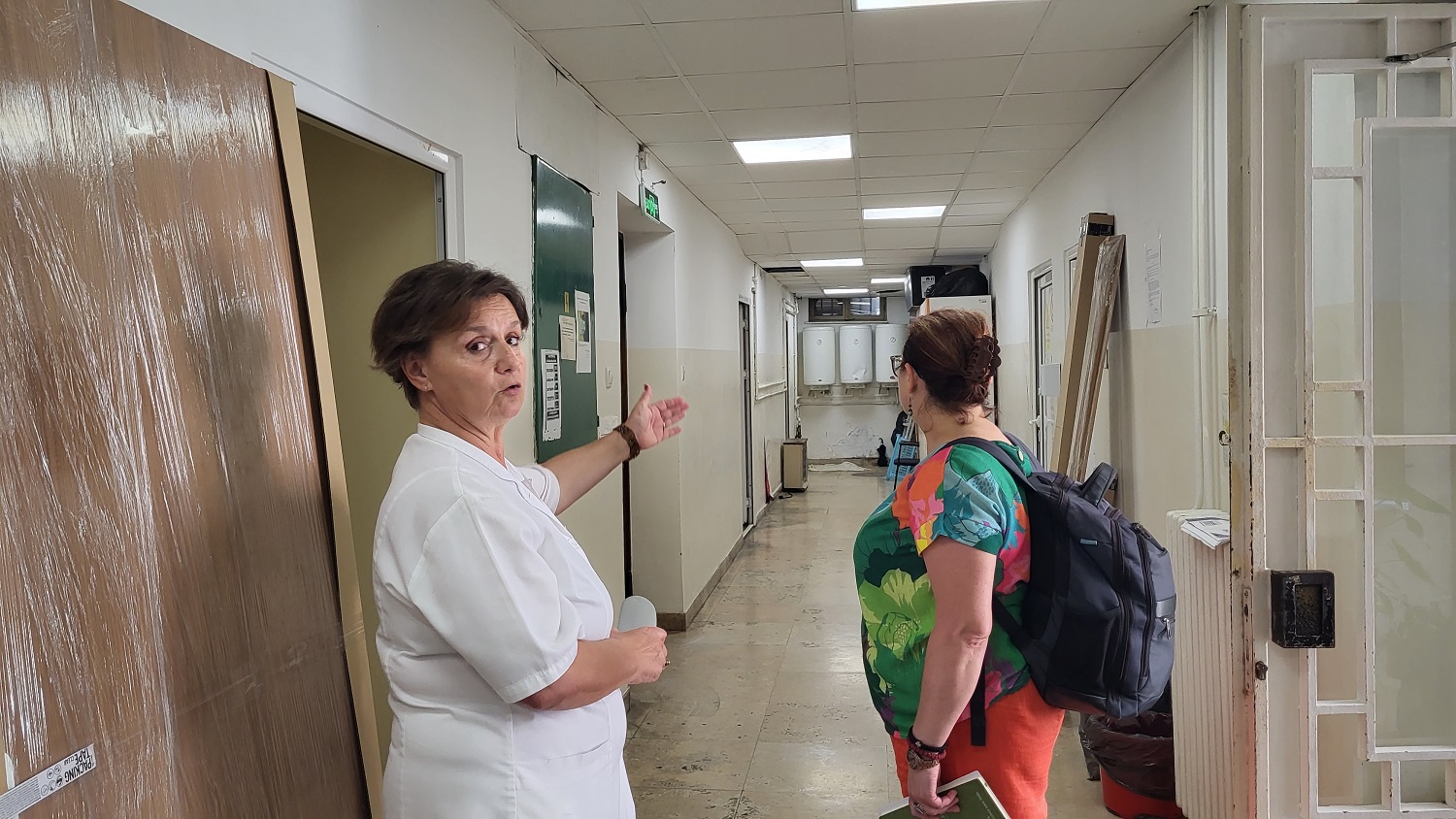
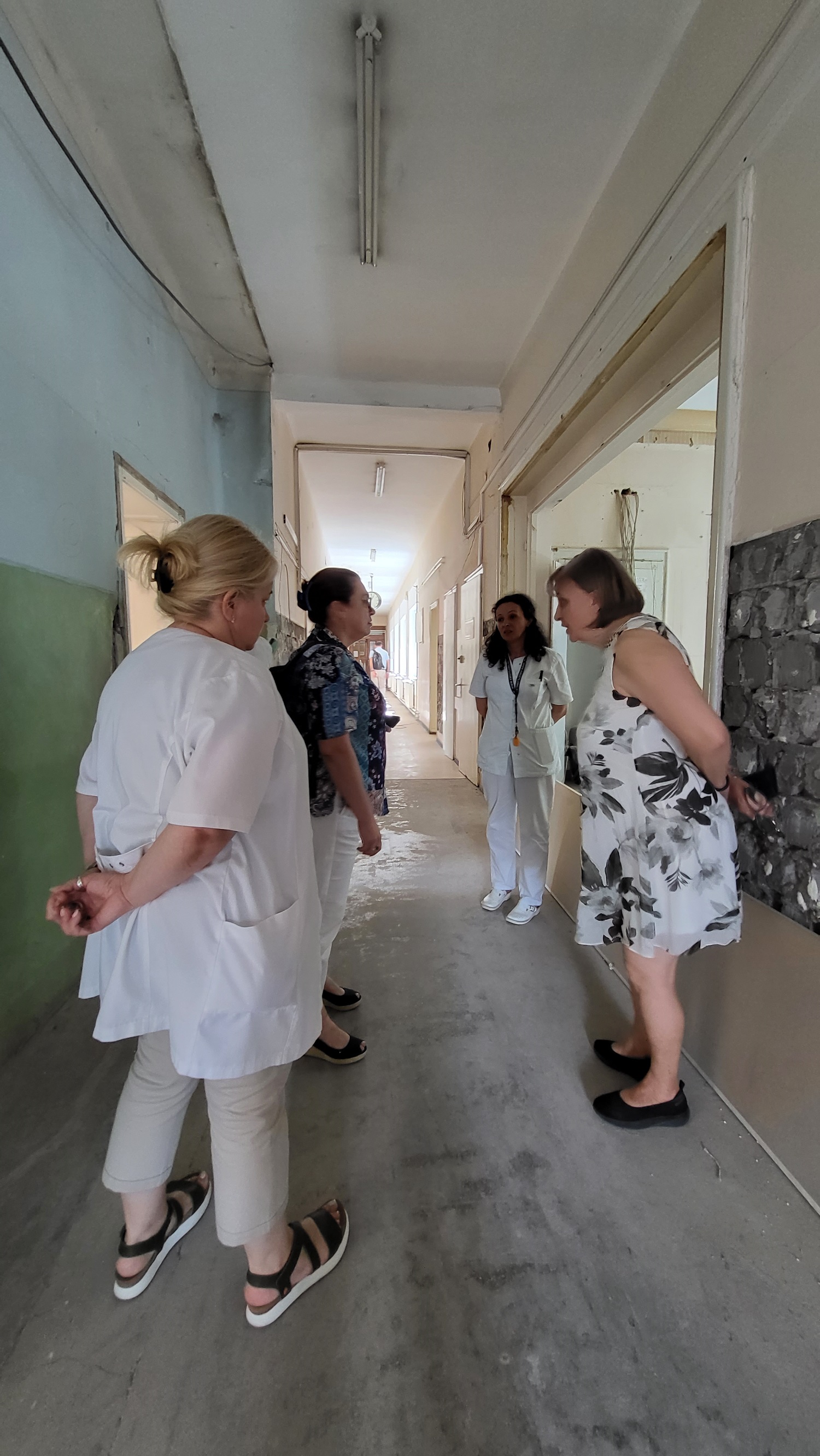
As part of the preparations for the reconstruction, a UNDP team, together with WHO's biological safety expert, Prof. Dr. Golubinka Boševska, visited the laboratories in Niš and Kragujevac. The visit aimed to consult on the spatial reorganization to ensure that the reconstruction enhances biological safety in the laboratory and aligns the needs of employees and users.
To commence the reconstruction by early 2024, UNDP is currently working on project-technical documentation and obtaining permits for the reconstruction of the Institute of Public Health "Dr Milan Jovanović - Batut," while the documentation for the remaining two institutes will begin in mid-August. Investments in infrastructure and equipment are complemented by training for employees in the establishment and implementation of microbiological safety protocols conducted by WHO experts, which will last until March 2024 and will include all institutes across Serbia.
